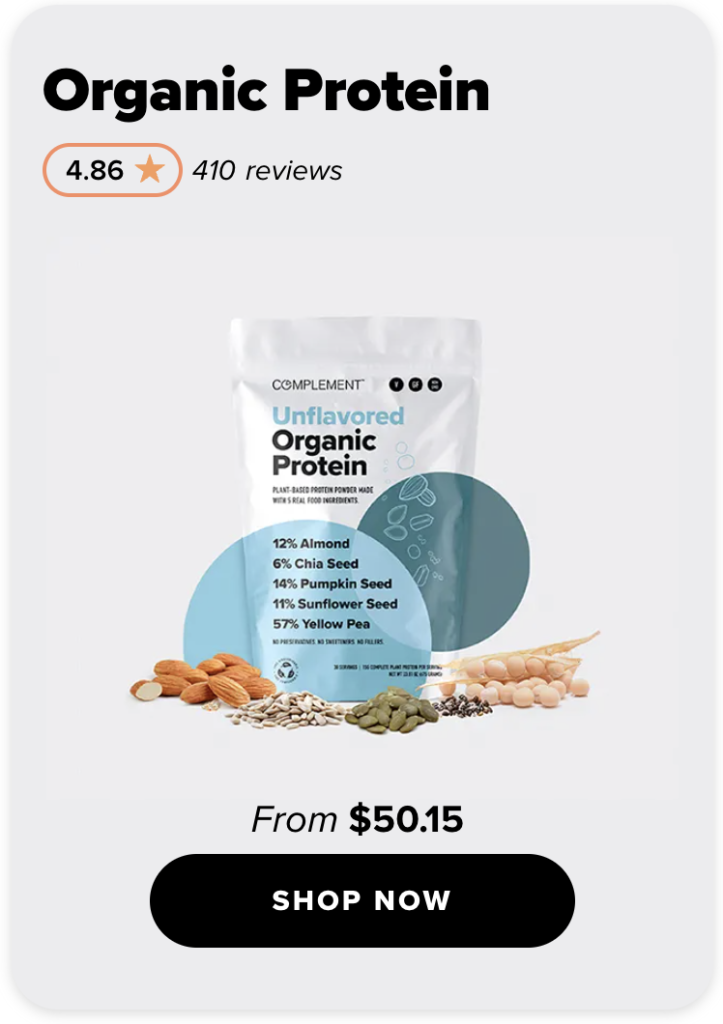Inflammation is a natural response of the body to injury or infection. It is a process in which the immune system sends white blood cells and other healing compounds to the affected area to fight off harmful invaders and begin the healing process. While inflammation is a necessary part of the healing process, chronic inflammation can lead to a variety of health problems. In this post, we will explore what inflammation is, its causes and effects, and how a vegan diet can help reduce inflammation in the body.
What is Inflammation?
Inflammation is a complex biological response that occurs when the body is trying to protect itself from harm. It is a natural process that occurs in response to injury or infection and is intended to help the body heal. However, when inflammation becomes chronic, it can lead to a variety of health problems.
Causes of Inflammation Inflammation can be caused by a variety of factors, including:
- Injuries or infections
- Exposure to toxins and pollutants
- Chronic stress
- Genetics
- Certain medications
- An unhealthy diet high in processed foods, sugar, and saturated fat
Effects of Inflammation
Chronic inflammation can lead to a variety of health problems, including:
- Arthritis
- Asthma
- Cancer
- Cardiovascular disease
- Depression
- Diabetes
- Obesity
How a Vegan Diet Can Help
A vegan diet, which is free of animal products, has been shown to have anti-inflammatory effects in the body. This is because a vegan diet is typically high in fruits, vegetables, whole grains, and legumes, which are all rich in anti-inflammatory compounds. These foods are also typically low in saturated fat and added sugars, which are known to contribute to inflammation.
A study published in the Journal of the Academy of Nutrition and Dietetics found that a vegan diet may be more effective at reducing inflammation than a diet that includes animal products. The study found that participants on a vegan diet had lower levels of inflammatory markers in their blood than those who ate a diet that included meat, dairy, and eggs.
Another study published in the journal Nutrition Research found that a vegan diet may be effective in reducing inflammation in the gut. The study found that participants on a vegan diet had lower levels of inflammatory markers in their gut than those who ate a diet that included animal products.
In addition to the anti-inflammatory effects of a vegan diet, other potential benefits of going vegan include weight loss, improved heart health, and a reduced risk of certain types of cancer.
Conclusion
Inflammation is a natural process that occurs in response to injury or infection, but when it becomes chronic, it can lead to a variety of health problems. A vegan diet, which is free of animal products, has been shown to have anti-inflammatory effects in the body. This is because a vegan diet is typically high in fruits, vegetables, whole grains, and legumes, which are all rich in anti-inflammatory compounds. Adopting a vegan diet may also offer other health benefits such as weight loss, improved heart health, and a reduced risk of certain types of cancer.
References
- “The Role of Diet in Inflammation” Journal of the Academy of Nutrition and Dietetics
- “Vegan Diet and Inflammation” Nutrition Research
- “Anti-inflammatory effects of a vegan diet in healthy subjects” Journal of Nutritional Science
- “A vegan diet reduces inflammatory biomarker” Nutrition Journal
- “The anti-inflammatory effects of a plant-based diet in overweight adults” European Journal of Clinical Nutrition
- Some research for this article compiled with the assistance of ChatGPT/OpenAI







